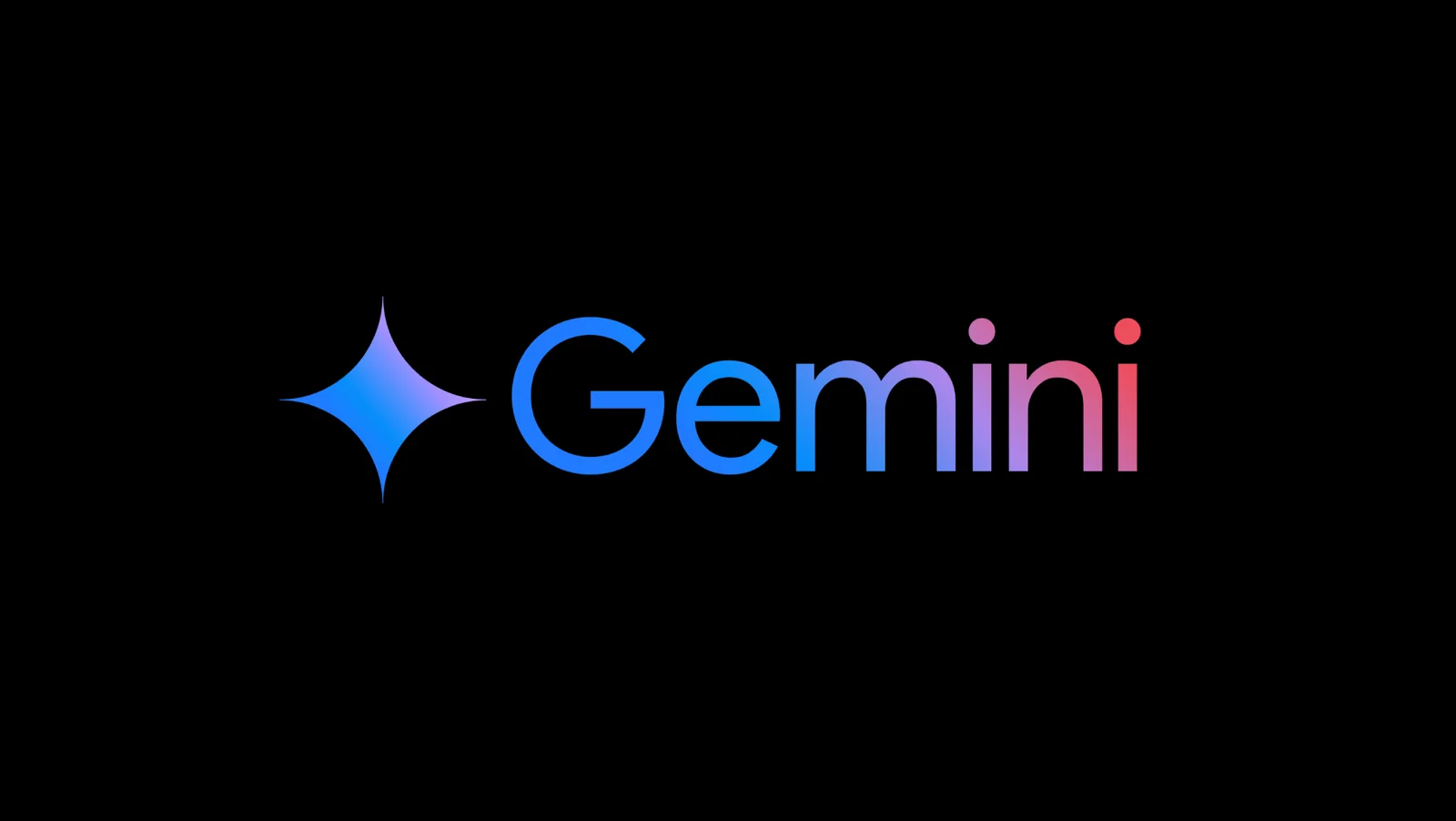A recent survey reveals that 38.7% of Portuguese individuals aged 16 to 74 used AI tools in the three months preceding the interview, primarily for personal purposes. Usage is particularly high among 16 to 24-year-olds (76.5%) and students (81.5%).
Internet access remains widespread, with 89.5% of residents going online recently. Nearly half (49.6%) placed orders online, primarily for clothing, footwear, and fashion accessories, while 74.2% accessed public service websites, often using a Citizen Card or Digital Mobile Key for authentication.
Digital skills are growing, with 59.2% of the population reaching basic or above basic levels. Young adults and tertiary-educated individuals show the highest digital proficiency, at 83.4% and 88.4% respectively.
Household internet penetration stands at 90.9%, predominantly via fixed connections.
Concerns about online safety are on the rise, as 45.2% of internet users reported encountering aggressive or discriminatory content, up from 35.5% in 2023. Reported issues include discrimination based on nationality, politics, and sexual identity.
Would you like to learn more about AI, tech and digital diplomacy? If so, ask our Diplo chatbot!










